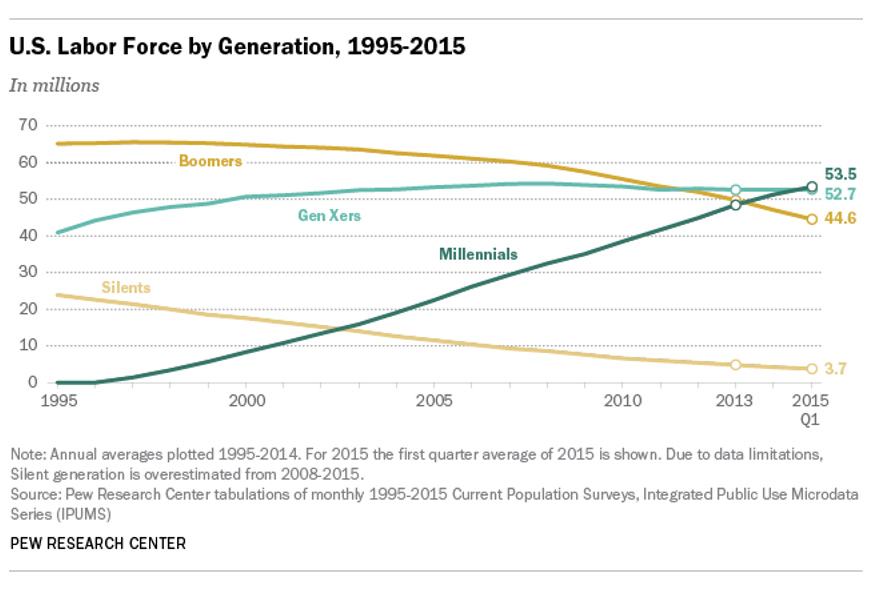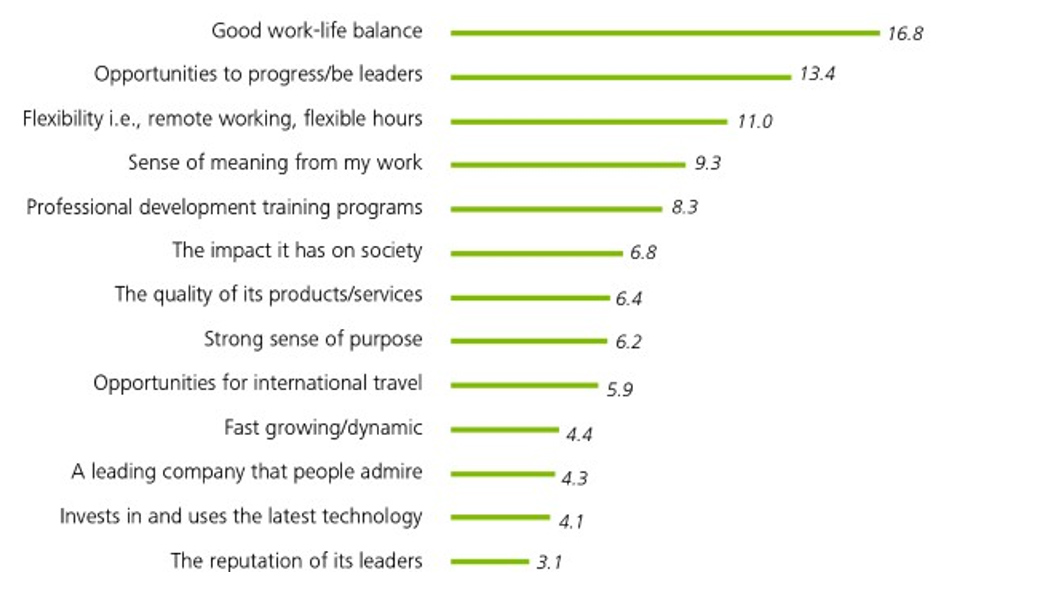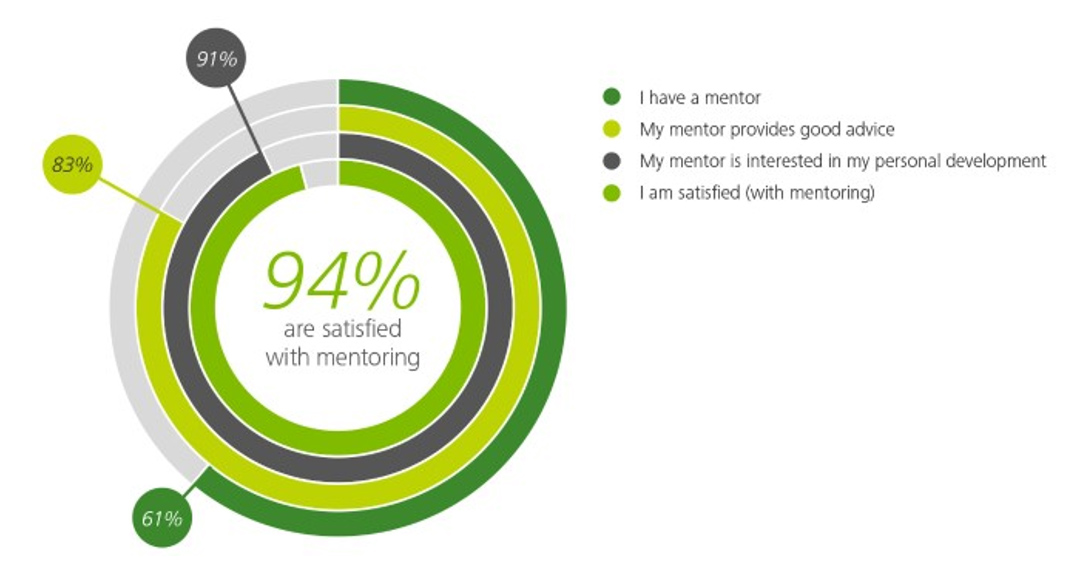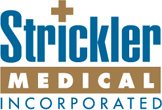MILLENNIALS … WHAT TURNS THEM ON
And Why Health Care Employers Should Pay Attention
Half of the U.S. workforce will be Millennials by 2020. Also known as Gen Y, this generation born between 1980 and 2000 will escalate to 75% status by 2030.
According to Pew Research Center’s analysis of U.S. Census Bureau data, the number of Millennials in the workforce surpassed the number of Boomers in 2014. Having overtaken Gen Xers in early 2015, this age group now represents the largest generation in the U.S. labor force.

What is the Significance for Health Care Employers
Bulletin: Millennials are clearly interested in healthcare as a career choice. In fact, a 2017 survey by the National Society of High School Scholars reveals that when asked which fields they expect to work in, respondents placed healthcare as number one. Notably, when asked about specific employer choices, St. Jude Children’s Research Hospital grabbed the No. 2 spot on the list, followed by local hospitals.
The challenge for health care hiring managers is to attract and retain quality workers from this Gen Y pool. Understanding and willingness to respond to their unique expectations, desires and motivations is increasingly essential to maximize productivity, enhance retention of star players and attract new talent.
Learn More
Now couple the sheer weight of numbers of Millennials in the U.S. workforce with three startling facts:
- Mobility: A LinkedIn survey reveals that 30% of working Millennials plan to leave their current job within a year. The Deloitte Millennial Survey 2016 extends that statistic to two-thirds of Millennials that express a desire to move on by 2020.
- Unique Motivations: Millennials are not motivated by the same factors as their predecessor worker generations.
- Expectations of Employers: Millennials have specific desires that inspire loyalty to an employer.
Attention Health Care Employers: That means they can’t be ignored and they must be retained. Employers must adjust and react to how they nurture loyalty among Millennials or lose a large percentage of their workforce.
What Differentiates Millennials From Previous Work Generations?
While some factors remain the same, compensation for example, there are a number of less tangible factors that Millennials weigh in deciding on work opportunities and workplace loyalty. Here are some of the most influential for employers to consider.
Experiences: Here’s a blockbuster of a finding in our culture that traditionally values material possessions quite highly. A recent study by Harris Poll (for Eventbrite) showed 78 percent of Millennials would rather spend money on an experience they wanted to have over an article they desired. Have you got that? Nearly 80% of Millennials would rather spend their money on an experience that will engender lasting memories rather than a physical object with a finite life-span. So, an award of a long weekend at a memorable location trumps the award of a gold watch for a job well done.
Reasons They Leave … and What to Do About It: The research points to three top reasons Millenials leave for a new job.
- More money and benefits
- Personal growth
- Career opportunities
Pay and financial benefits are the top drivers of Millennials’ choice of employment with 22% of those surveyed ranking it as number one. However, while compensation may be at the top of the list, it is not insulated from other essential factors that Millennials prize greatly. For example, absent financial considerations, work/life balance and opportunities for career advancement are prominent.
So, let’s take a look at Millennials’ priorities and as health care employers evaluate what is needed to satisfy those concerns to attract and retain a quality workforce. The source is the previously mentioned Deloitte Millennial Survey 2016 and represents the percentage of respondents ranking each issue.

Clearly, the priority is no longer heavily weighted to compensation. Rather, personal development is prized.
Personal Growth & Career Opportunities: The evidence points that loyalty to an employer is driven by the employer’s understanding and support of Millennials’ career and life-style preferences. Major factors that health care employers can initiate are adequate training reinforced by ongoing coaching and mentoring.
Millennials, raised on organized activities, respond well to employers who offer tools and professional growth resources that make them feel valuable and promote advancement. A perfect example is the finding in the Deloitte Millennial Survey 2016 that employees with active mentors describe the quality of advice at 94% and the level of interest shown in their development at 91%.

Health care employers who provide this type of support network help their Millennial work force become more valuable faster plus they also gain enhanced trust and loyalty from the employees. Net result is greater retention of quality workers.
Control: Millennials want to feel in control of their careers. This is evidenced by Millennials’ seeking greater flexibility on the job and enhanced work/life balance. One retention strategy is to empower Millennials to feel their career paths are in their own hands with strong support from employers in hastening their advancement while being respectful of their life-style preferences.
Technology: Millennials were nurtured from their mother’s laptop (sorry … couldn’t resist) on using the internet and mobile devices. Technology is part of their DNA, both personally and professionally. Their expectations are to have job related access to interconnected technology.
How employers permit the use of technology is a major factor in Millennials’ perception of an ideal workplace. Among the chief concerns to senior management, IT professionals and Millennials is the issue of BYOD – Bring Your Own Device for use on the job. Millennials expect BYOD as an entitlement … not a banned resource.
From the perspective of management, BYOD raises a series of questions and risks relating to company data storage, security, employee accountability and privacy. That said, the fact is that banning BYOD use is likely to be futile … they are going to do it anyway. So don’t fight it, manage it.
As our frame of reference, take a look at three significant elements in the profile of Millennials, supported by a Halogen Software study.
Millennials do not have an “Off” switch. That means they maintain 24/7 access to their communication devices to enable work or personal issues to be addressed.
Most Millennials expect to be available as needed by employers. As needs arise, that includes the ability to work from home to enhance work-life balance, while still getting the job done.
Millennials Are Multi-taskers. Uniquely, they don’t require a linear approach to job performance. Millennials are adept at switching from project to project, including swapping out one device for another.
These three realities, clearly points to the need to proactively plan and execute a strong BYOD program that will be supported by employees of this generation who seek flexibility as well as responsibility to maximize their productivity and sense of accomplishment.
So health care management and IT professionals can implement security solutions that simultaneously protect data while enabling an increasingly mobile workforce to perform effectively.
Summary
Yes, it is a different work force with a different mindset. That said, Millennials will persist as the dominant generation of workers for at least a decade. Health care employers will suffer in the future unless they build a workforce marketing plan to recruit, train and retain the best and brightest of this pool of talent. To do so requires attention to a new set of aspirations and expectations as defined by Millennials. Maintaining the “same old – same old” will not lead to success in attracting and retaining those workers born 1980 – 2000.
